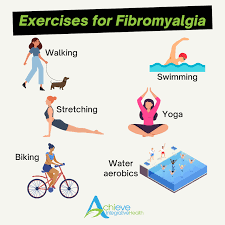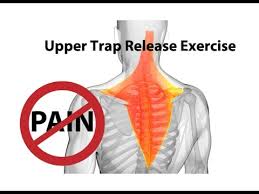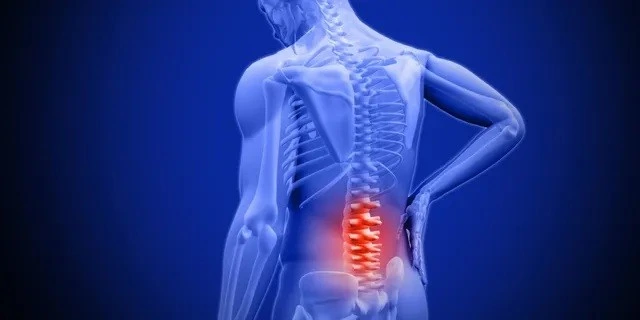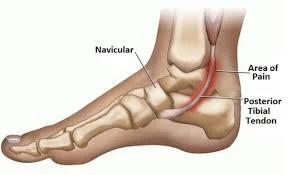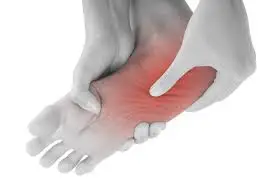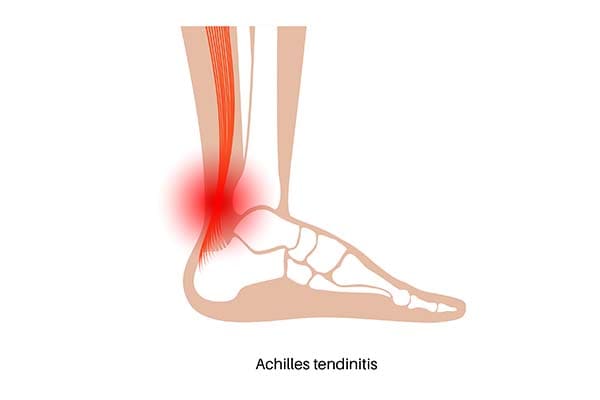10 Best Exercises for Fibromyalgia
Introduction: Daily mobility can be difficult for those with fibromyalgia, but the correct activities can greatly lessen pain, stiffness, and exhaustion. Without overtaxing the body, gentle, low-impact workouts help release tense muscles, enhance circulation, and increase vitality. People with fibromyalgia can enhance their mobility, mood, and long-term relief from persistent pain by engaging in regular,…

